
5 Best Foods for Alopecia
🥗 Best Foods for Alopecia: How Nutrition Can Support Hair Health
While there’s no medically defined “alopecia diet,” scientific evidence suggests that the foods you eat can significantly impact your hair health and potentially ease symptoms of alopecia. Alopecia is an autoimmune condition that causes hair loss, and although diet alone won’t cure it, certain nutrients can support the body’s immune system, reduce inflammation, and promote hair regrowth.
Here’s a breakdown of the best foods to include in your diet if you’re managing alopecia—and why they matter.
🐟 1. Fatty Fish (Salmon, Mackerel, Sardines)
Fatty fish are rich in omega-3 fatty acids, which help reduce inflammation and support scalp health. Omega-3s also nourish hair follicles and may improve hair density over time.
Bonus Tip: Aim for 2–3 servings per week. If you’re vegetarian, consider flaxseeds or algae-based supplements.
🥬 2. Leafy Greens (Spinach, Kale, Swiss Chard)
These greens are packed with iron, folate, and vitamins A and C—all essential for healthy hair growth. Iron deficiency is a known contributor to hair loss, especially in women.
Extra Insight: Vitamin C helps your body absorb iron more efficiently, so pair greens with citrus fruits for maximum benefit.
🥚 3. Eggs
Eggs are a great source of biotin, a B-vitamin that plays a key role in keratin production. They also contain zinc and selenium, which support scalp health and immune function.
Pro Tip: Don’t skip the yolk—it’s where most of the nutrients are concentrated.
🫘 4. Legumes (Lentils, Chickpeas, Beans)
Legumes are rich in plant-based protein, iron, and zinc. They’re especially helpful for vegetarians and vegans who may struggle to get enough of these nutrients from animal sources.
Added Benefit: The fiber in legumes supports gut health, which is increasingly linked to autoimmune conditions like alopecia.
🥜 5. Nuts and Seeds (Walnuts, Chia Seeds, Sunflower Seeds)
These are loaded with vitamin E, selenium, and healthy fats that protect hair follicles and reduce oxidative stress. Walnuts also contain alpha-linolenic acid, a plant-based omega-3.
Snack Smart: A small handful daily can go a long way in supporting hair and skin health.
🧠 Additional Nutritional Tips for Managing Alopecia
To further support your hair and immune system, consider these strategies:
-
Stay hydrated: Water helps transport nutrients to hair follicles and keeps your scalp healthy.
-
Limit processed foods: Refined sugars and trans fats can trigger inflammation and worsen autoimmune symptoms.
-
Consider supplements: If blood tests show deficiencies in iron, vitamin D, or zinc, targeted supplementation may help.
-
Support gut health: A balanced microbiome is crucial for immune regulation. Include fermented foods like yogurt, kimchi, or kefir.
🌟 Final Thoughts
While food alone won’t reverse alopecia, a nutrient-rich diet can be a powerful ally in your overall treatment plan. Think of it as building a foundation for healing—supporting your body from the inside out.
News in the same category


If You Do These 8 Things You Are Slowly Destroying Your Brain

How Drinking Bottled Water Could Seriously Impact Your Health
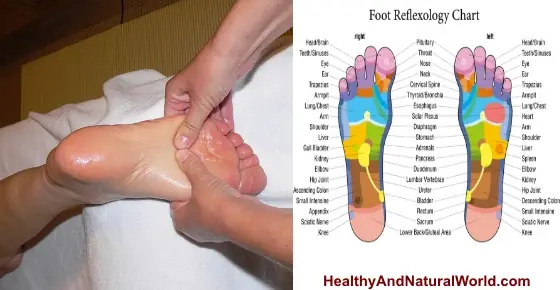
The Unexpected Health Benefits You Get from Massaging Your Feet Often Will Shock You

Insomnia No More! Try This Secret Method to Fall Asleep Fast and Sleep Deep
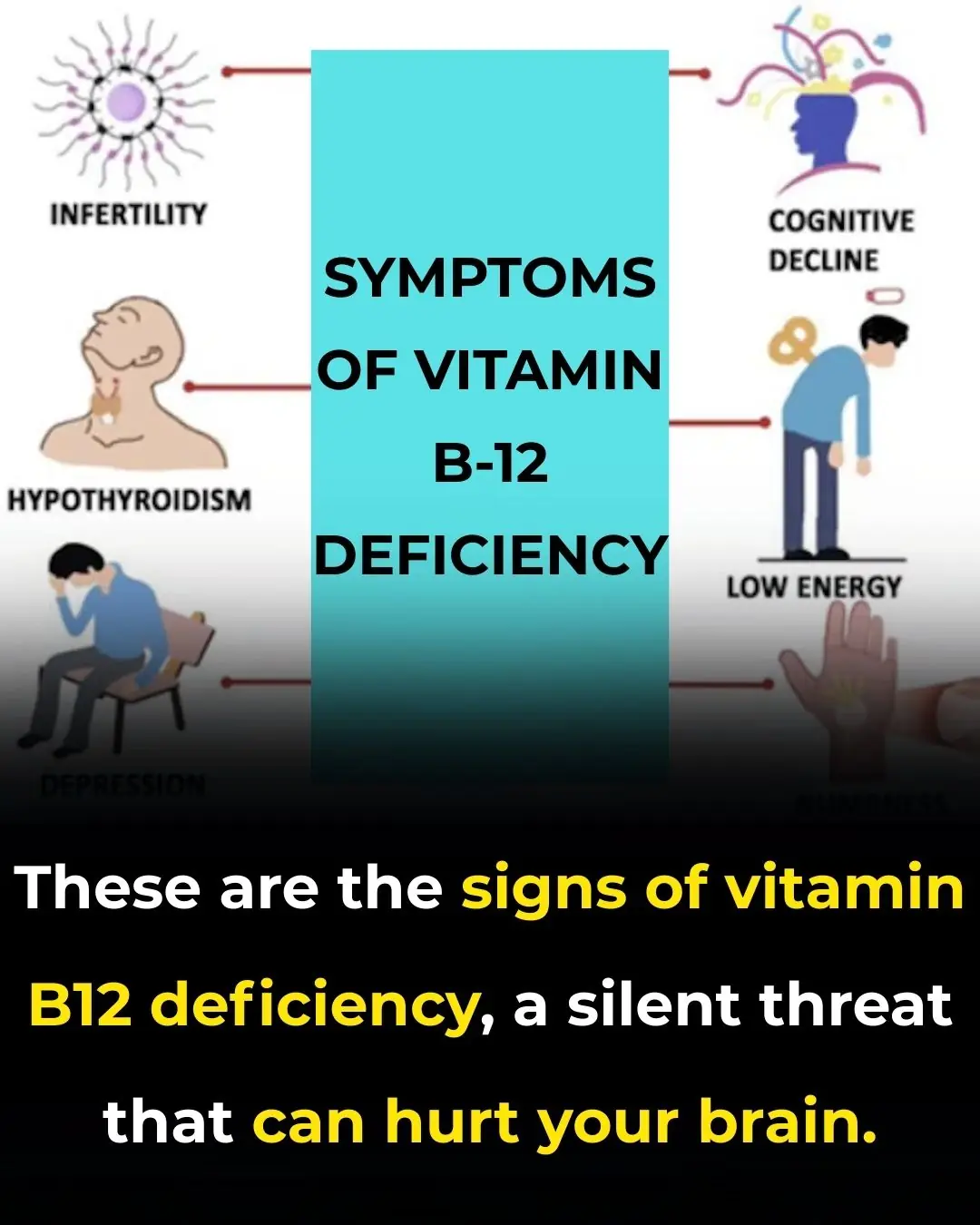
Symptoms of Vitamin B12 Deficiency

If Your Heart Hurts Suddenly, It Could Be a Warning Sign of These Diseases

Study Confirms: Your Morning Coffee Boosts Happiness

The Science Behind Resilience: How the Brain Rewires After A Setback

Swollen Legs, Ankles and Feet: Causes and Proven Remedies (Including Parsley Tea Recipe)

We Tested Dozens of Workout Leggings — These 11 Were the Best
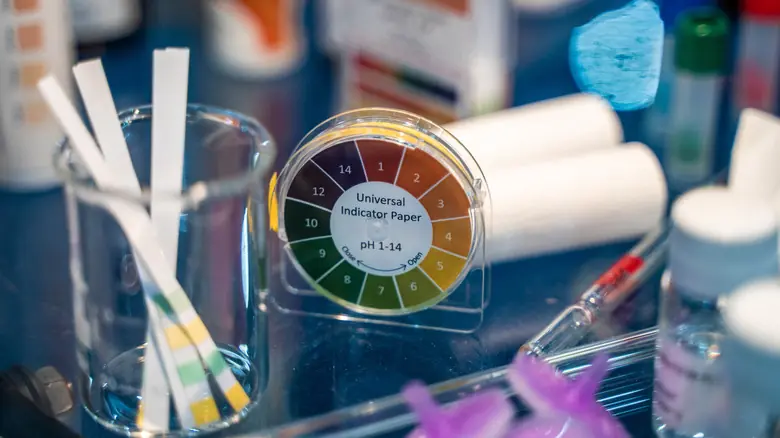
pH Balance and Your Health: What the Science Says About Acidosis and Alkalizing Your Body
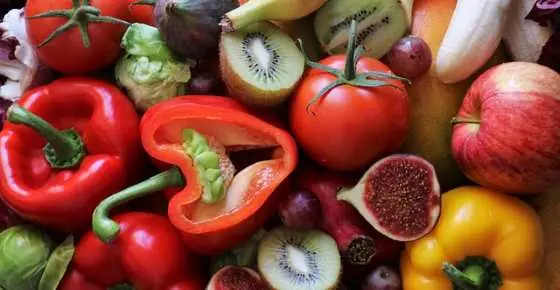
The Anti-Cancer Diet: Cancer Fighting Foods to Help Prevent Cancer (Evidence Based)

How to Get Rid of Bad Breath (Halitosis): Scientifically Proven Home Remedies

Which Antiplatelet Works Better in Impaired Renal Function?

Debate Over? Radiotherapy vs Surgery in High-Risk Prostate Cancer

Powerful Piriformis Stretch to Soothe Sciatic, Hip, and Lower Back Pain

Schamroth Window Test May Reveal if You Have Finger Clubbing
News Post

'Hostile' comet aimed at Earth could obliterate the world's economy 'overnight' if it hits

Iconic movie sequel delayed until 2027 after online sleuths 'guessed the plot'

Wooden Cutting Board Got Black Mold? Skip the Soap—Do This 5-Minute Reset

Don’t Use Plain Water for Flower Arrangements

When Boiling Sweet Potatoes, Don’t Use Plain Water—Add a Spoonful of This for Softer, Sweeter Results
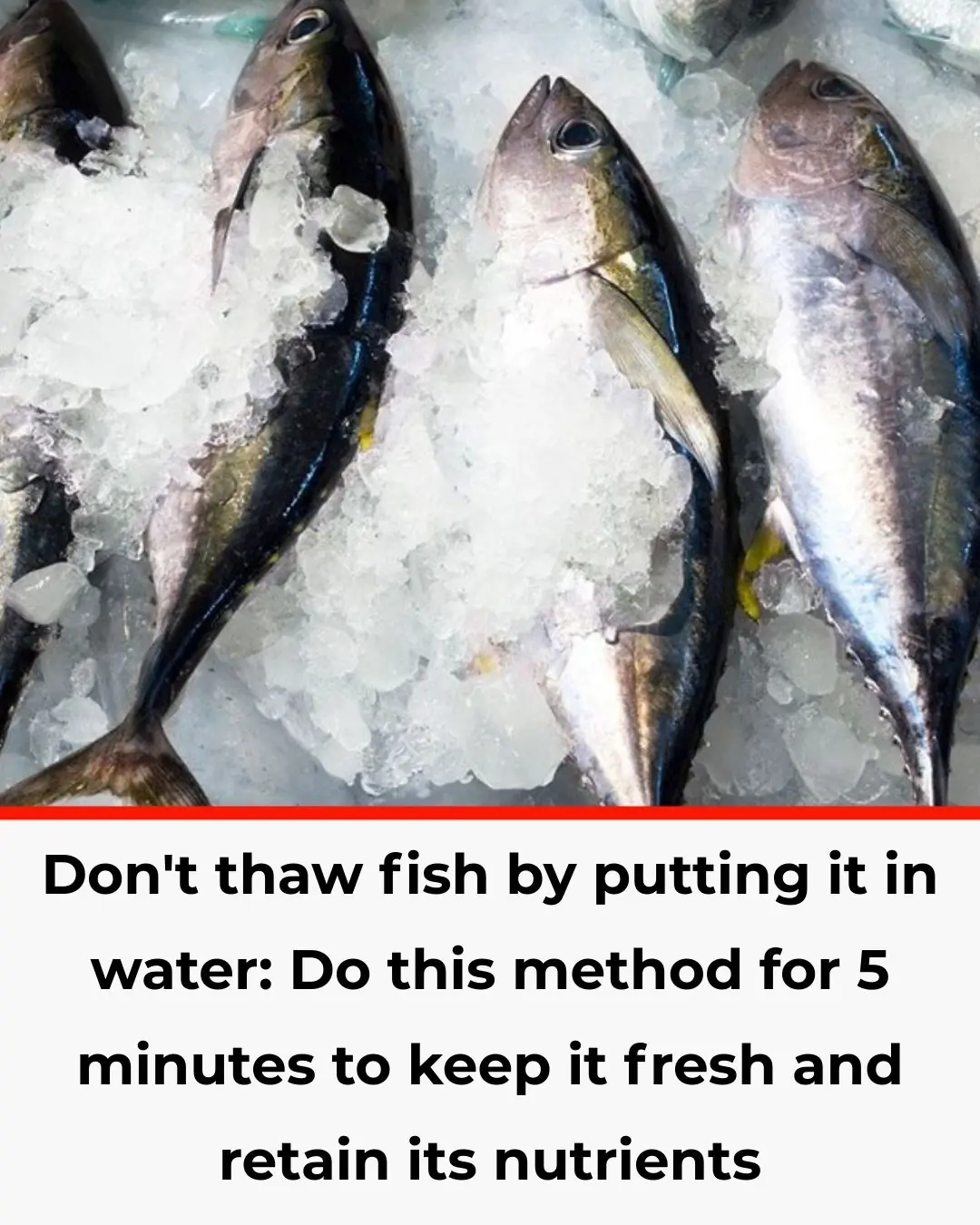
Don’t Thaw Fish by Putting It in Water

Don’t Clean Your Bathroom Mirror with Plain Water

The Correct Way to Add Detergent and Fabric Softener to Your Washing Machine

Don’t Throw Away Rice Washing Water: 6 Smart Uses That Can Save Serious Money

Don’t Sleep With Your Pets

How to Store Fish and Meat in the Refrigerator: Shop Less, Keep Food Fresh All Month

How many eggs should you eat a week?
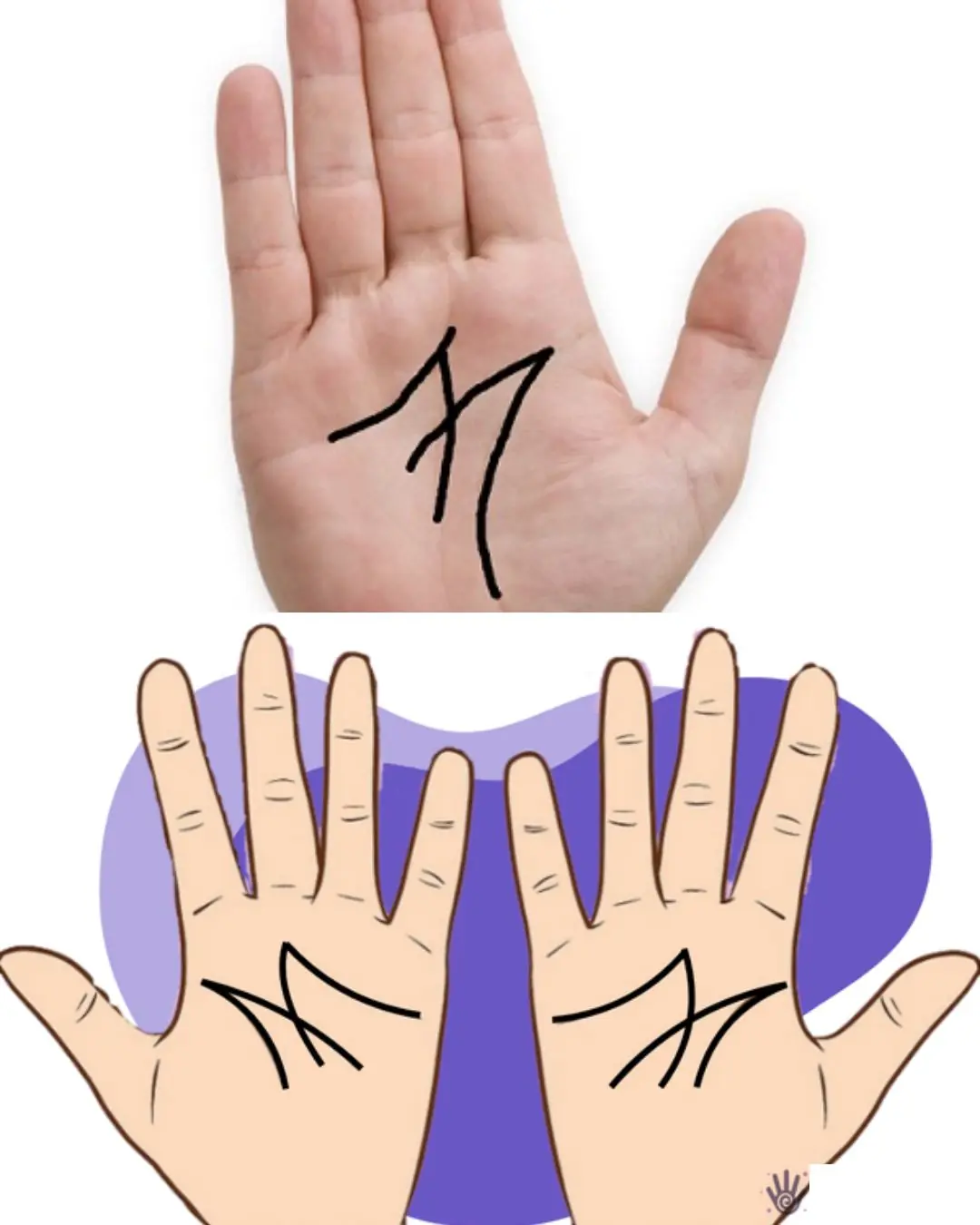
The Secret Meaning of the Letter “M” on Your Palm

The Remarkable Journey of Tru Beare, Who Was Born Weighing Only One Pound

If You Do These 8 Things You Are Slowly Destroying Your Brain

How Drinking Bottled Water Could Seriously Impact Your Health

The Unexpected Health Benefits You Get from Massaging Your Feet Often Will Shock You

Researchers Create Injectable Hydrogel to Boost Bone Strength

If You Have Moles on This Part of Your Body
